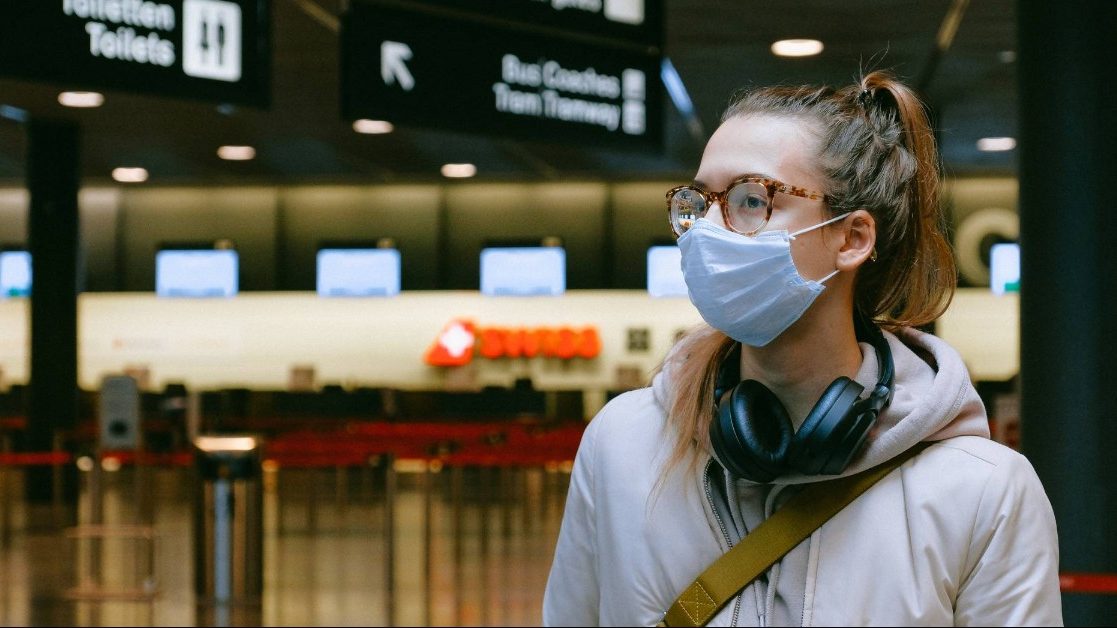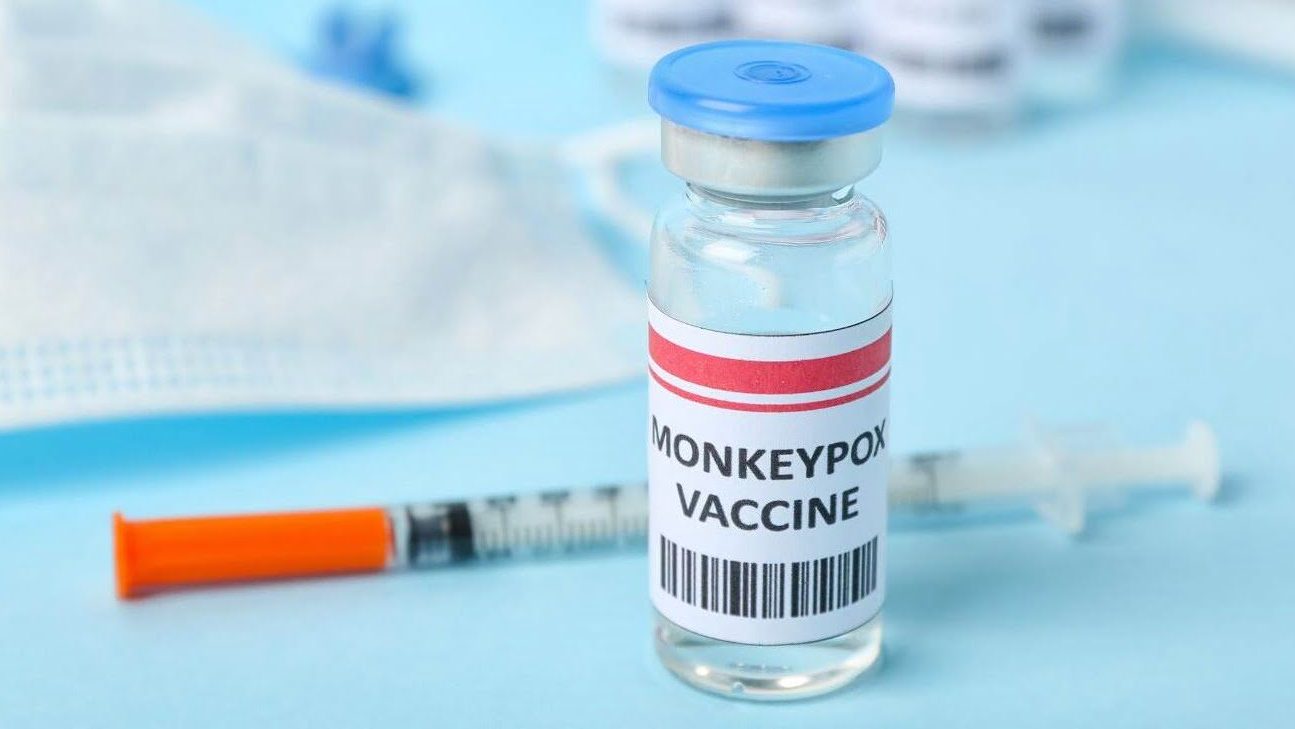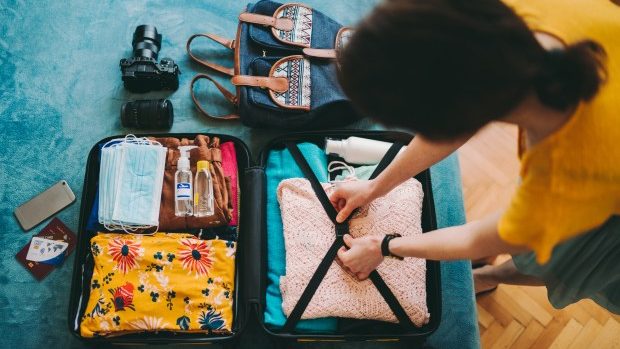
Traveling is an exhilarating experience that broadens horizons, but it often exposes individuals to various health risks. For doctors, whose commitment to well-being extends beyond their patients, maintaining personal health during travel is paramount. In this article, we’ll delve into the 13 habits that doctors consistently practice to safeguard their health when on the move.
1. Masking In The Airport And On The Plane
One of the first lines of defense for doctors during travel is the use of masks. Whether navigating bustling airports or confined airplane cabins, doctors recognize the value of masking to reduce the risk of airborne illnesses. This simple yet effective measure forms the cornerstone of their travel health routine.

2. Frequently Washing And Sanitizing Hands
In the perpetual battle against germs, doctors understand the power of clean hands. Frequent handwashing and the use of hand sanitizers are non-negotiable practices to prevent the spread of infections. By meticulously adhering to these habits, doctors create an additional barrier against potential health threats lurking in high-touch areas.

3. Staying Hydrated
As seasoned health professionals, doctors comprehend the importance of hydration in maintaining a robust immune system. Travel can be dehydrating, especially with the air-conditioned environments of airports and planes. Doctors make it a priority to stay well-hydrated, recognizing that water is a fundamental ally in the fight against illnesses.

4. Taking Immune System Boosters
Beyond the basics, doctors often fortify their immune systems with supplements and practices designed to enhance resilience. Whether it’s vitamin C, probiotics, or other immune-boosting strategies, doctors tailor their intake based on individual needs and the demands of the travel itinerary.

5. Avoiding Peak Travel Times
Doctors, well-versed in the art of prevention, strategically plan their journeys to avoid peak travel times. Choosing off-peak hours minimizes exposure to crowds, reducing the likelihood of encountering individuals carrying contagious infections. This deliberate scheduling not only provides a more peaceful travel experience but also adds an extra layer of protection against potential health threats.

6. Prioritizing Rest
In the demanding world of medicine, doctors understand the profound impact of rest on overall health. While traveling, they make a conscious effort to prioritize adequate sleep and downtime. This isn’t merely a luxury but a strategic measure to support their immune systems, ensuring they are equipped to face the challenges of travel with resilience.

7. Not Overscheduling
The temptation to cram an itinerary with numerous activities is a common pitfall for travelers. However, doctors, cognizant of the toll excessive schedules can take on health, deliberately avoid overloading their agendas. By maintaining a balanced itinerary, they minimize stress, allowing for a more enjoyable and, importantly, healthier travel experience.

8. Eating A Well-Balanced Diet
Fueling the body with nutritious food is a universal health principle, and doctors adhere to this principle even more diligently while on the road. Instead of succumbing to the allure of quick, unhealthy snacks, doctors opt for a well-balanced diet rich in vitamins and minerals. This conscientious approach to nutrition contributes significantly to maintaining optimal health during travel.

9. Researching Travel Vaccines And Medicines
Doctors, being well-versed in preventive healthcare, take a proactive approach to safeguarding their health during travel. Before embarking on any journey, they diligently research and ensure they are up-to-date on necessary vaccines and medications recommended for the specific destinations. This meticulous preparation serves as a vital shield against potential travel-related illnesses.

10. Keeping Up With Sun Protection
While basking in the sun’s warmth is undoubtedly enjoyable, doctors understand the importance of responsible sun exposure. Prolonged exposure to ultraviolet (UV) rays can lead to various health issues, including skin damage and increased susceptibility to infections. Hence, doctors conscientiously use sunscreen, wear protective clothing, and seek shade to enjoy the benefits of the sun without compromising their well-being.

11. Buying Insect Repellent
Traveling to exotic locales often brings the joy of exploration but can also expose individuals to insect-borne diseases. Doctors, aware of the risks associated with insect bites, make it a point to include insect repellent in their travel essentials. This preventive measure not only wards off irritating bites but also acts as a crucial barrier against potential health threats carried by insects.

12. Packing Medication
An essential part of any doctor’s travel checklist is a well-stocked medicine kit. Beyond personal prescriptions, doctors include a range of over-the-counter medications to address common travel-related ailments. From pain relievers to digestive aids, this carefully curated kit ensures that they are prepared to tackle minor health issues promptly, maintaining their well-being throughout the journey.

In the realm of travel health, doctors emerge as exemplars of proactive and intentional well-being. The 13 habits they swear by form a comprehensive shield against the myriad health challenges posed by globetrotting. From the basics of hand hygiene and masking to strategic planning and immune fortification, each habit is a testament to their commitment to staying healthy on the move.





GIPHY App Key not set. Please check settings